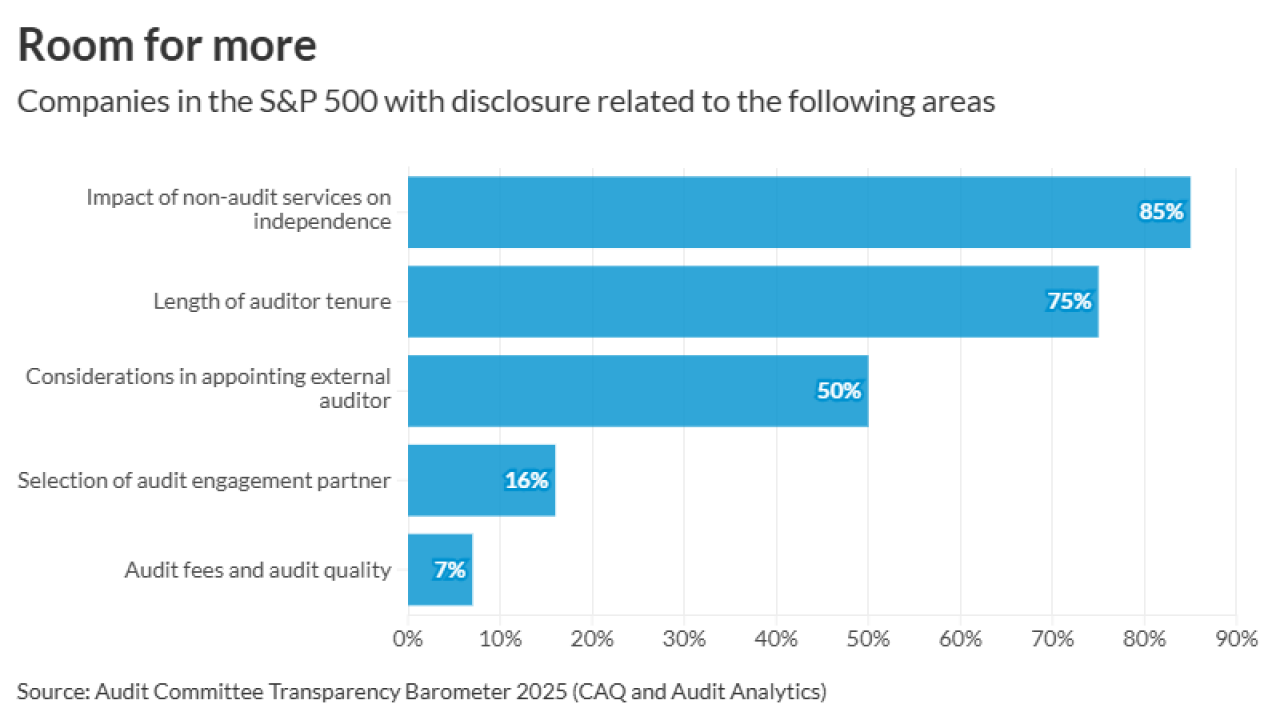The Treasury Department and the Internal Revenue Service issued
The transition will change the terms of debt, derivatives, and other financial contracts to replace reference rates based on interbank offered rates, or IBORs, with some alternative reference rates. Financial institutions began making the transition after a scandal erupted in 2012 showing how the London Interbank Offered Rate, or LIBOR, had been manipulated byu major banks for decades to make trading gains.
The proposed rules from the Treasury and the IRS come in response to a request for guidance from the Alternative Reference Rates Committee (ARRC), a committee of private sector and government stakeholders convened by the Board of Governors of the Federal Reserve System in advance of the expected market transition from IBORs to alternative reference rates, such as the Secured Overnight Financing Rate (SOFR) published by the Federal Reserve Bank of New York. The Financial Accounting Standards Board, the Governmental Accounting Standards Board and the International Accounting Standards Board have also been coming out with guidance to aid accountants and the companies they work with to make the transition.
“A smooth and successful transition away from LIBOR and towards an alternative rate, such as SOFR, is important for the stability of global financial markets,” said Treasury Secretary Steven T. Mnuchin in a statement. “These proposed regulations provide certainty and clarity to taxpayers as they make the critical transition away from LIBOR.”

The proposed regulations issued Tuesday deal with the possibility that modifying a debt instrument, derivative, or other financial contract to replace a reference rate based on an IBOR could be a taxable transaction for federal income tax purposes or could result in other tax consequences. Without such guidance, the Treasury warned that market participants would face significant tax uncertainties in making necessary modifications to these contracts.
Although the market shift from IBORs to alternative rates isn’t anticipated to be completed until the end of 2021, the guidance is being released as soon as possible to facilitate an orderly market transition.
The proposed regulations apply to changes to affected contracts made upon the finalization of the proposed regulations. Taxpayers and their related parties have the option to apply the proposed regulations to changes that occur before then, provided that they apply the proposed regulations consistently.
The Treasury and the IRS are asking for written comments on the proposed regulations through Nov. 25, 2019. The actual text of the proposed regulation is





